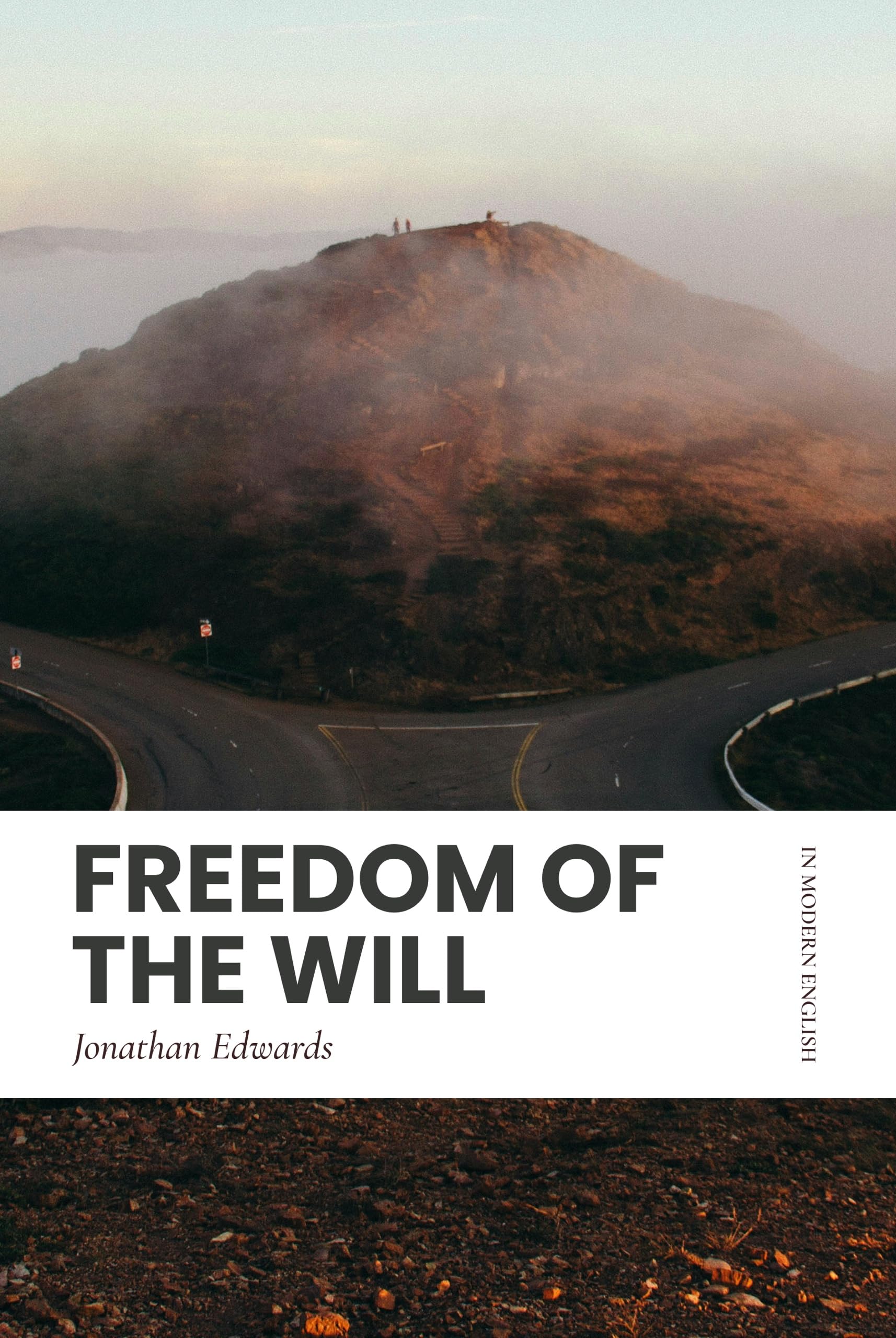“Freedom of the Will” is Jonathan Edwards’s rigorous philosophical defense of divine sovereignty and human moral responsibility, presenting one of the most sophisticated treatments of the will in Christian theological literature. Written in response to Arminian theology that emphasized libertarian free will, this work attempts to demonstrate that Reformed understanding of divine determinism remains compatible with genuine human agency and moral accountability.Edwards begins by carefully defining terms, particularly distinguishing between natural and moral ability. He argues that the will always chooses according to the strongest motive or inclination present in the mind at the moment of decision, making the will’s choices determined rather than self-determining. This philosophical determinism, he contends, does not eliminate moral responsibility because individuals still act according to their own desires and preferences, even if those desires are themselves determined by prior causes ultimately traceable to God’s sovereign decree.What distinguishes this treatise is Edwards’s exceptional philosophical rigor combined with theological precision. Unlike earlier Reformed treatments relying primarily on biblical texts, Edwards engages directly with philosophical arguments about causation, necessity, and moral responsibility. His treatment is especially valuable for demonstrating how meticulous logical analysis can serve theological purposes, showing that common intuitions about libertarian freedom contain internal contradictions.The work systematically addresses objections to determinism, particularly the claim that moral responsibility requires the ability to choose otherwise than one actually does. Edwards argues that this libertarian conception of freedom is incoherent, involving either random choice (which cannot be praiseworthy or blameworthy) or self-caused choice (which is metaphysically impossible). He contends that true freedom consists in acting according to one’s nature and desires without external coercion, not in possessing indeterminate choice.Edwards particularly excels in showing how his deterministic framework preserves rather than undermines moral categories. He demonstrates that praise, blame, reward, and punishment remain meaningful when directed at actions flowing from one’s character and desires, regardless of whether those desires are themselves determined. Throughout, he maintains that God’s sovereign determination of all events, including human choices, magnifies divine glory while preserving genuine human agency as secondary causation.The treatise addresses the relationship between divine foreknowledge and human freedom, arguing that if God infallibly knows future free choices, those choices must be certain and therefore determined. Edwards uses this argument to show that even Arminians who affirm divine foreknowledge cannot consistently maintain libertarian freedom.About Jonathan EdwardsJonathan Edwards (1703-1758) was colonial America’s greatest theologian and philosopher, whose intellectual brilliance combined profound spiritual experience with rigorous philosophical analysis. Educated at Yale College, Edwards served as pastor in Northampton, Massachusetts, where his preaching helped spark the First Great Awakening. His revival ministry, theological writings, and philosophical works established him as the most significant American thinker before the Revolutionary period.
save
$2.99Freedom of the Will: Modern, Updated Translation
$0.00$2.99
“Freedom of the Will” defends divine sovereignty and human responsibility, arguing that true freedom exists in acting on desires shaped by God’s will, while maintaining moral accountability.
| book-author |
|---|











